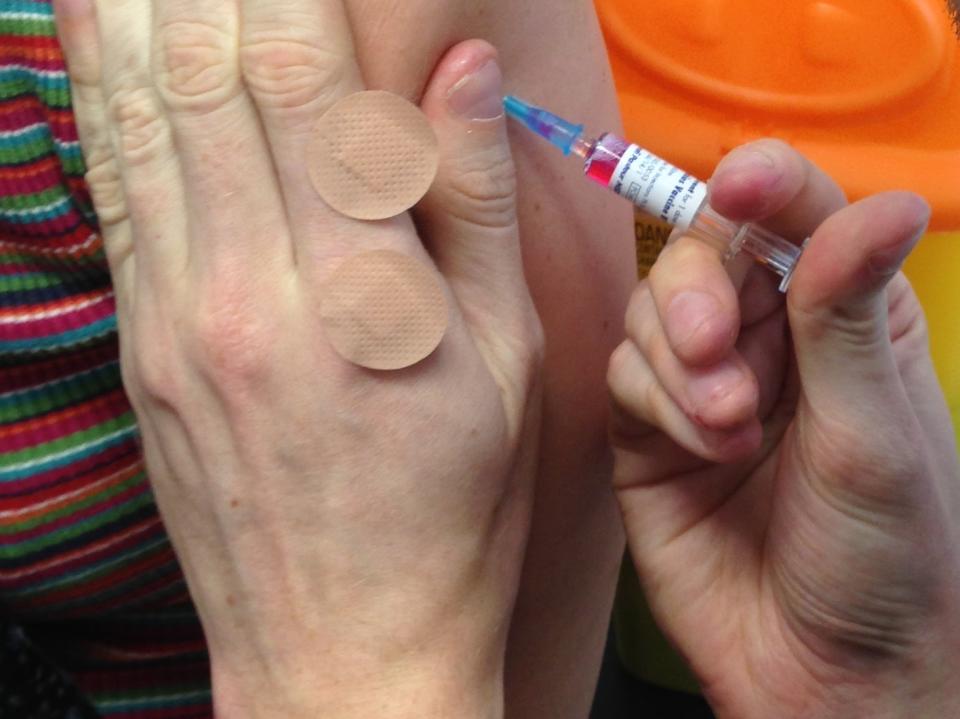‘Digital Covid passport’ linked to vaccine could revive travel

The airline industry will seek to persuade the new “minister for jabs” that recipients of a vaccine for coronavirus should get an internationally recognised certificate that can be included in a digital passport designed to ease travel.
The prime minister has appointed Nadhim Zahawi as minister for Covid Vaccine Deployment to run the vaccination programme.
The International Air Transport Association (Iata) will urge the minister to work with other governments on a common standard for certification – to open up travel and avoid the possibility that passengers are obliged to be re-vaccinated.
The fear is that unless international agreement is reached swiftly, people receiving vaccines under the NHS programme may not have those jabs recognised for the purposes of international travel.
The airlines, which collectively have lost hundreds of billions of pounds since the coronavirus pandemic began, are already concerned about the fragmentation and diversity of Covid-19 testing requirements for entry and exit.
“Governments have created a challenging and complex environment for immigration authorities, passengers and airlines to navigate,” says Iata.
Requirements vary both in terms of range of tests – lamp, antigen, spectroscopic and the “gold-standard” PCR – and the timing demands.
At present Spain requires visitors to present a negative PCR test taken within the 72 hours before arrival, while the UK will soon introduce an option to take a lamp test after five days to reduce quarantine.
Once vaccination begins at scale, there is scope for even more confusion, which is why the airlines’ group is desperate for a coherent strategy to allow restrictions on travellers to be eased.
Iata is working on a digital platform that will allow passengers to prove their tests and vaccination results “in a verifiable, safe and privacy-protecting manner”.
The airlines want to ensure that people who are vaccinated by their governments are able to take advantage of that fact and travel more widely – perhaps even from Europe to parts of Asia and Australasia where cases are extremely low.
Alan Joyce, chief executive of Qantas, has said that the Australia national airline may insist on passengers on longer flights having proof of a coronavirus vaccine.
Watch: Qantas to require COVID vaccine for overseas flights
But nations need to be convinced that a vaccine not only reduces the potential harm to the individual – it eliminates the risk of transmission to their own populations.
In addition, such a system would presumably require a global database accessible by thousands of interested parties, raising questions on privacy.
More immediately the UK government may regard easing rules on holidays or business trips as a complicating factor they can do without.
Read More
New digital health pass could help lift global travel restrictions

 Yahoo Finance
Yahoo Finance 